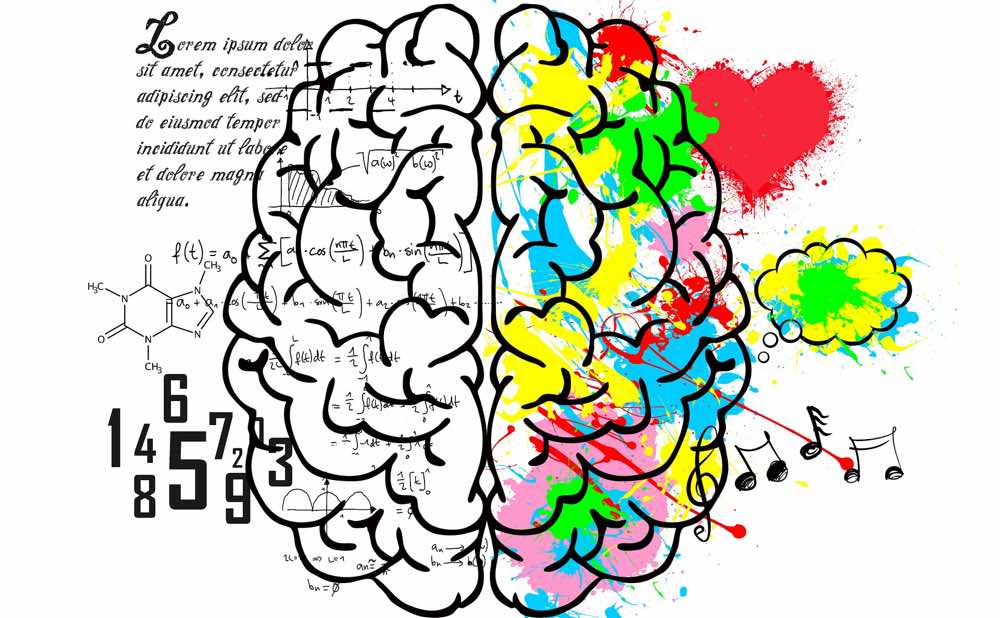
- AI in Consulting: The Beginning of a New Era
- How AI is Changing the Game for Consultants
- The Role of Consultants in an AI-Driven World
- AI-Powered Consulting: Tools You Need to Know About
- Real-World Examples of AI in Management Consulting
- Ethical Implications of AI in Consulting: A Deep Dive
- Leveling Up: Consulting Skills for an AI-Powered World
As the world becomes increasingly driven by artificial intelligence, it’s natural to wonder about the role of consultants in this new business landscape. After all, if machines are capable of many of the tasks that we currently rely on humans to do, what role will flesh-and-blood consultants play in the future?
Contrary to what many people think, the role of consultants will actually become more important in an AI-driven world. While AI will be able to perform many tasks more efficiently and accurately than humans, there are certain areas where machines will always fall short. AI may be able to analyse data and make predictions, but it will always lack the ability to understand the nuances of human behaviour which require emotional intelligence, creativity, and an understanding of ethical decision making.
1. Emotional Intelligence
As a consultant, I have seen firsthand the unique value that consultants bring to the table. One of the key areas in which we excel is emotional intelligence. We have the ability to understand and empathise with clients, which enables us to provide them with solutions that take into account the human element.
For example, in a recent consulting engagement, I worked with a company that was struggling with low employee morale. After conducting interviews and surveys, it became clear that the root cause of the problem was a lack of transparency on the part of management. I was able to understand how this was impacting employees and provide tailored solutions that addressed the needs of the organisation, such as creating a more open communication system and providing more opportunities for employee feedback. This helped to improve morale and ultimately increase productivity.
2. Creativity
Another key skill that consultants bring to the table is creativity. We have the ability to come up with solutions that may not be immediately obvious. For example, I once worked with a non-profit that was struggling to raise funds. I was able to think outside the box to identify a new fundraising opportunity that involved partnering with local businesses and organising a charity event. This enabled the non-profit to raise more funds than ever before.
By employing both emotional intelligence and creativity, consultants possess the ability to provide tailored solutions that take into account the needs of the situation. For example, I worked with a small business that was struggling to compete with larger companies in their industry. After analysing the specific challenges the business was facing, I was able to recommend a strategy that leveraged the company’s unique strengths and resources, which helped them to stand out and attract new customers.
3. Ethical Decision Making
As AI becomes increasingly powerful and ubiquitous, it is crucial to ensure that it is used in a responsible and ethical way. This is where consultants can play a critical role.
One example of this is in the field of autonomous vehicles where ethical considerations can have life and death consequences. For example, how should a car make decisions in case of an accident? Who should it protect in case of an unavoidable collision? A consultant with a deep understanding of ethics and moral reasoning can help car manufacturers to ensure that autonomous cars are programmed in a way that aligns with societal values.
Another area where consultants can help to resolve ethical dilemmas is in ensuring that AI systems do not perpetuate bias or discriminate against certain groups of people. For example, in the field of finance, AI systems will used to make predictions that are used to approve or reject loan applications. This could adversely impact an individual who comes from a historically marginalised group or who lives in an area with a relatively low socio-economic status. Similarly, in the field of criminal justice, algorithms may one day be used to predict whether the accused is guilty and whether they are likely to reoffend. A consultant with experience in ethical decision making can help governments and businesses to build and use AI systems in a responsible and ethical way.
The bottom line
The role of consultants will be just as important in an AI-driven world as it is today. While AI may be able to perform many tasks more efficiently than humans can, it will never be able to replace the unique skills and abilities that we bring to the table. As such, consultants will continue to be valued and in-demand in the years to come.
Clare Gregory is a consultant who combines a background in philosophy with a passion for physics. Clare has styled herself into a go-to authority on artificial intelligence. When she’s not solving complex problems for clients, you can find her attending conferences, writing programs in LISP, or discussing the ideas of Descartes, Heidegger, or Dreyfus.
Image: Pixabay
🔴 Like this article?
Sharpen your edge in consulting
One reply on “The Role of Consultants in an AI-Driven World”
[…] The Role of Consultants in an AI-Driven World […]